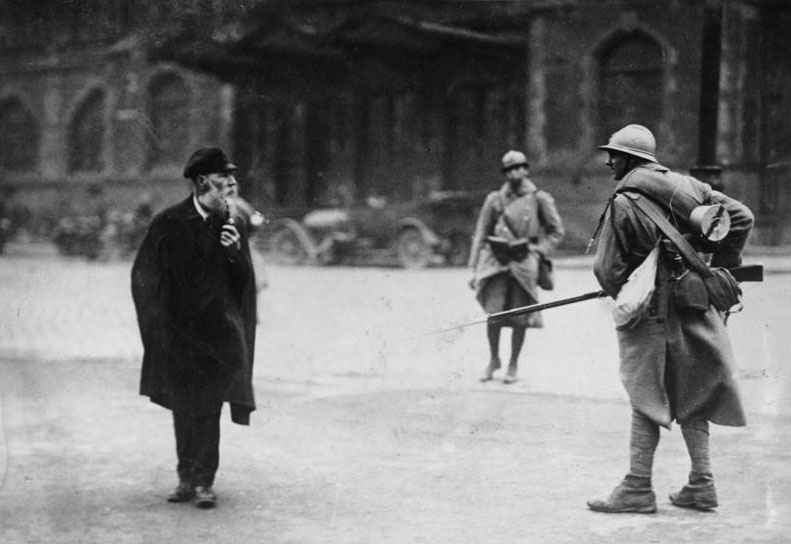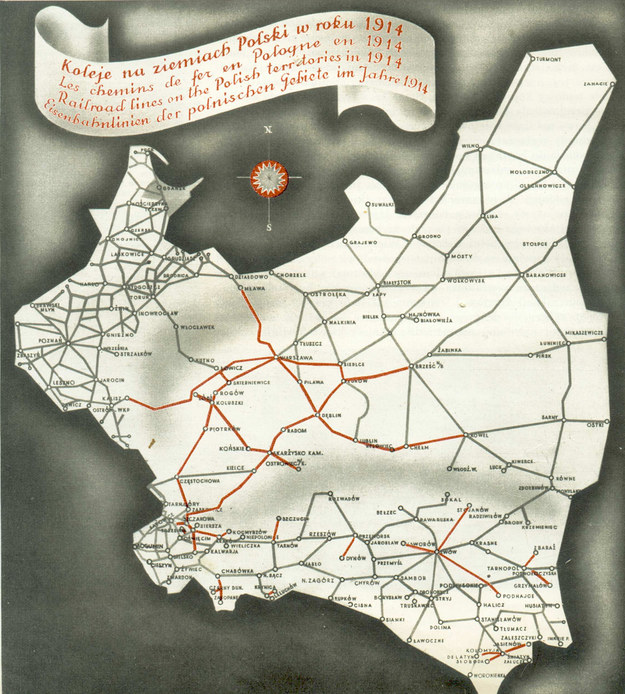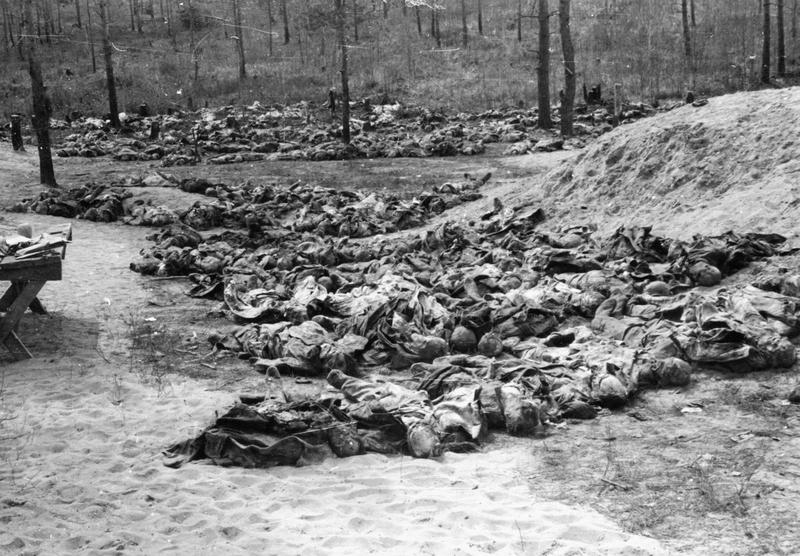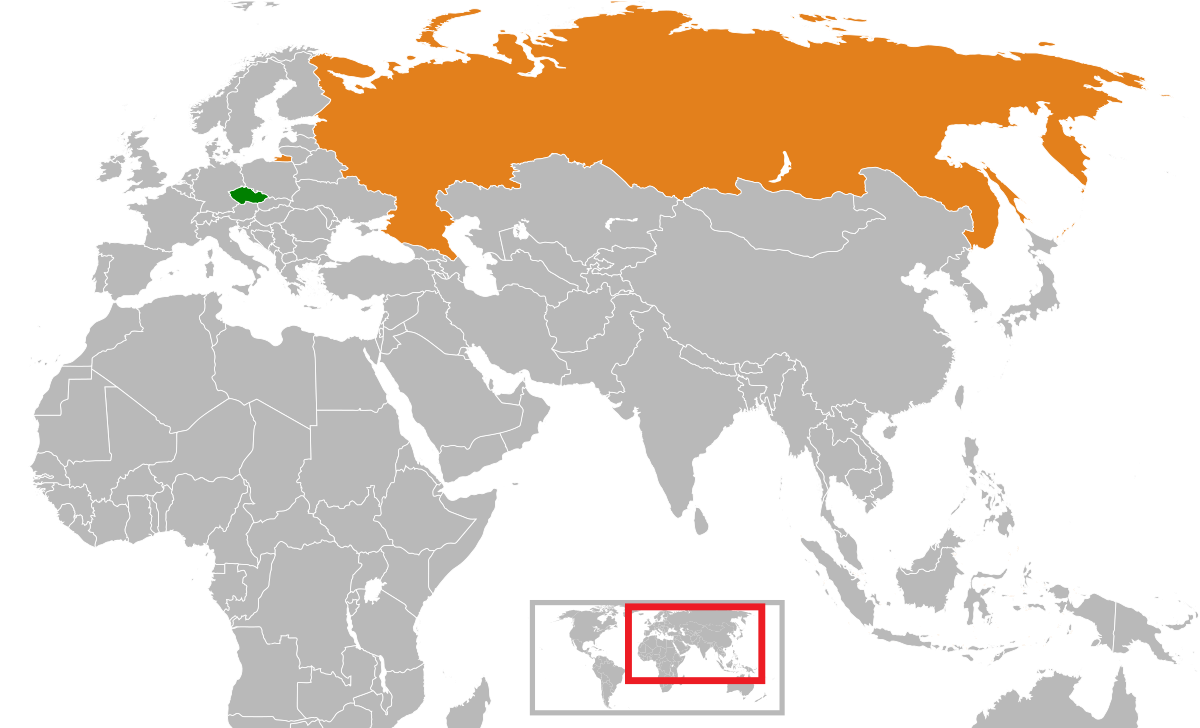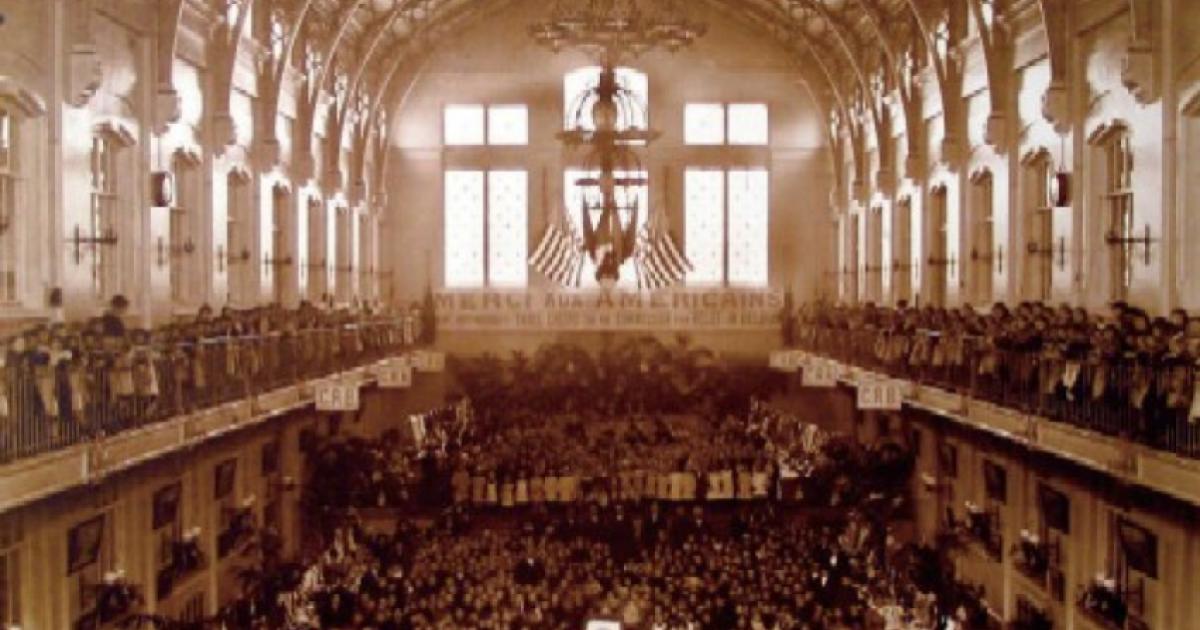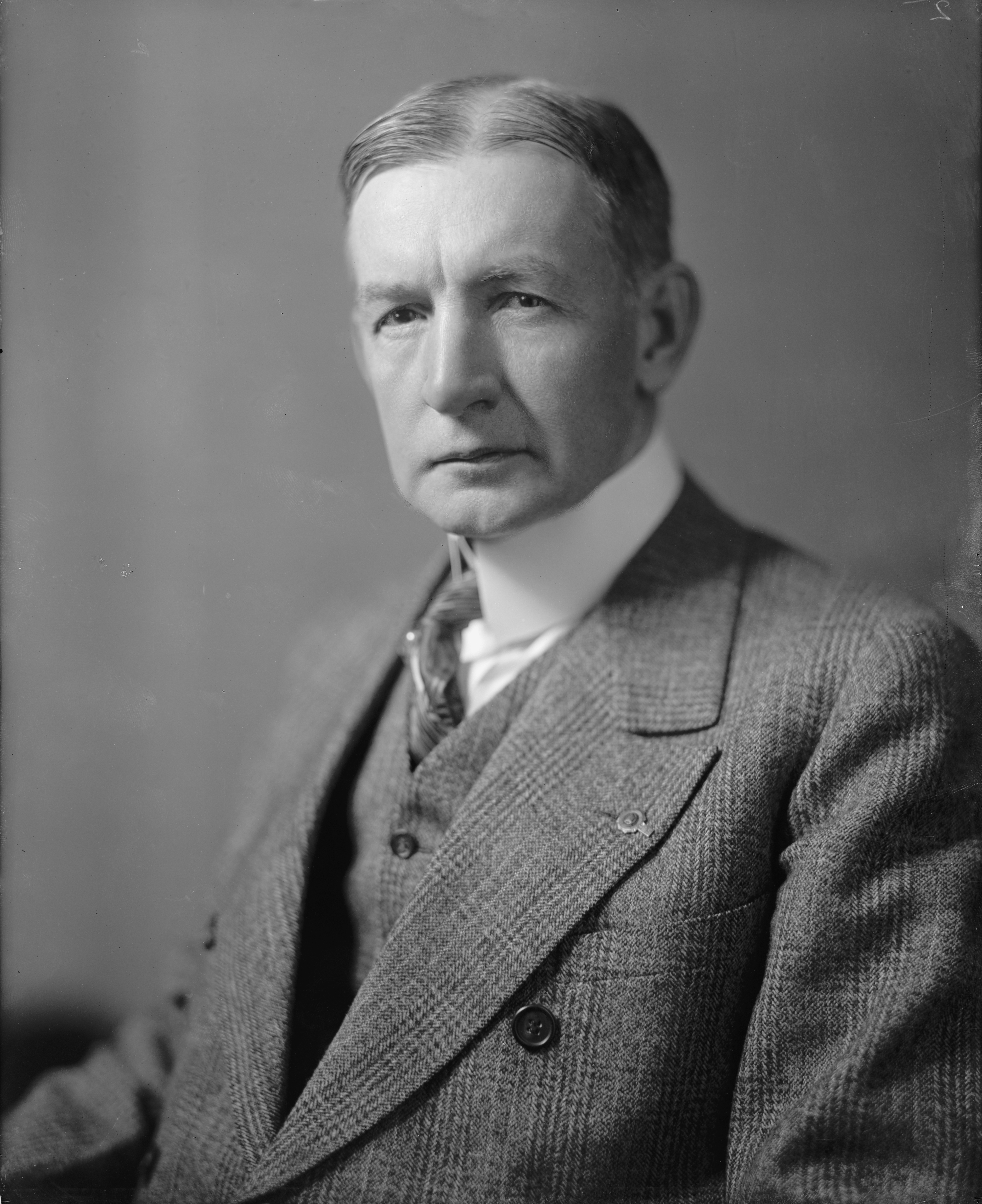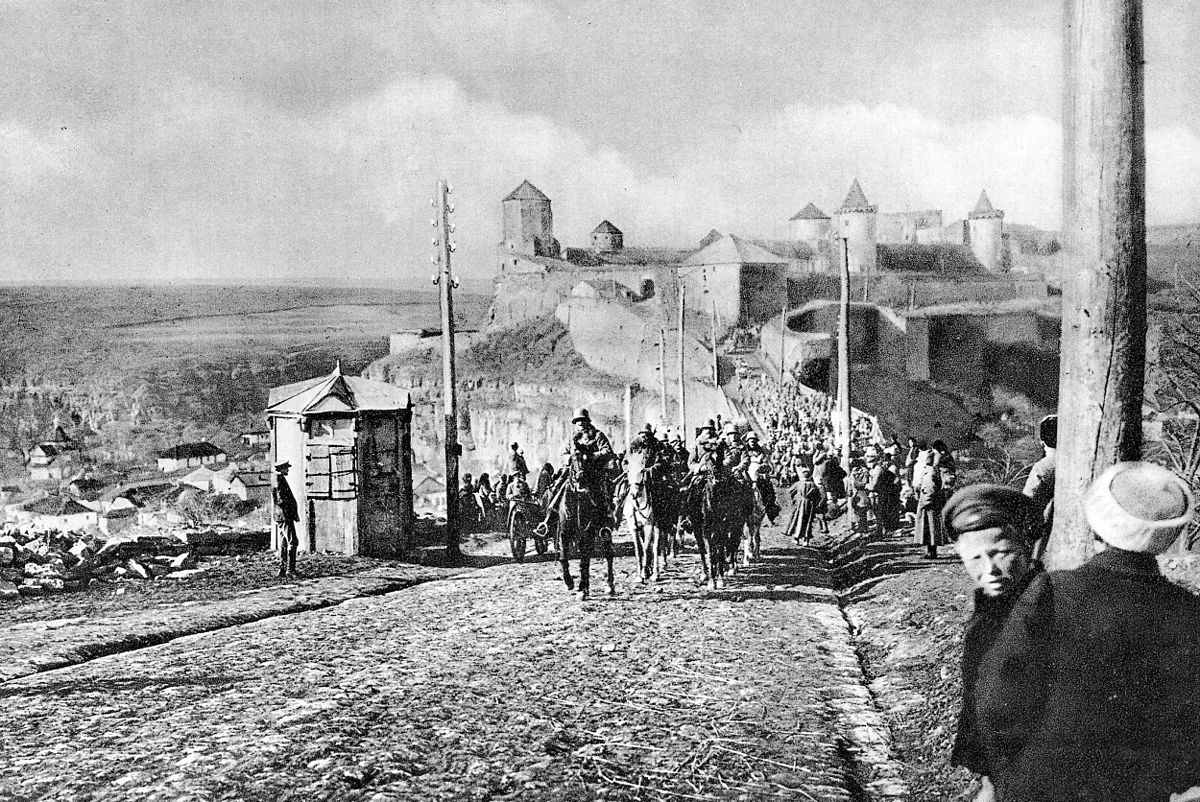No problem, I typed out much more than intended. Too much coffee.
Basically dropped, not entirely dropped. Demilitarization of the Rhineland and Rhine, continued to use of the Saar coal fields, and maintained Allied occupation troops were going to have to remain even with the majority of the ToV dropped (manpower restrictions to a point, weapon type/research restrictions, obviously reparations and the eastern border, perhaps even Austria might get to join Germany to stabilize it and dilute the Junkers/Prussian influence though that is debatable, probably entry into the LoNs, etc.).
What would constrain Germany, besides the demilitarization in the west, is the economy given that they're short some 2.5 million men vs. 1914, plus of course not having the Saar coal. Militaries are expensive, as France found out after WW1. Germany was hungry and didn't have fully access to pre-war markets. Let's also not forget the problem of inflation, which started during WW1 and was rising (thanks to reparations) right up to the Ruhr occupation that ultimately kicked things off a cliff. Here it wouldn't be nearly as bad without reparations from 1920 onwards, but it was going to be a serious issue especially if Germany resumes the gold standard and doesn't get as many loans from the US without the Dawes and Plan.
Ultimately yes Germany wouldn't have nearly as many restrictions on her military, but there are major economic and manpower limits after the war and a large, looming threat in the East if they share a border. Plus even though Lenin was willing to work with Germany when convenient he was openly preaching inevitable war with German conservatives.
Concern or not France has really no choice given the British+US opinions on the matter and their own weakness as well as the failure of their Polish proxy. Since they will likely got the sops of elements of the ToV being maintained and probably some sort of claims of renegotiation in the future for 'temporarily suspended' provisions (which like after the OTL Hoover Moratorium would never come back) they will probably be able to tolerate it and get the 1926 write down of their debts early or a temporary suspension of payments until the situation stabilizes and they can get the write down later on. France being limited in it's military capacity wouldn't necessarily be a problem especially with Germany continually tied down in the East against an ideological enemy. That would help confirm them as a region rather than Great power, which would actually help avoid future conflict in Europe as it stops trying to militarily confront Germany and has to acknowledge it has to work with Germany as a greater power. The problems between them were more of France still feeling they were more powerful than they were and trying to play the game of power politics rather than peace making, apparently never having accepted their defeat in 1870-71.
And yes my thinking has evolved on this issue from the first post once we started getting into details and I started reading more about the political/economic situation IOTL. Though I don't even think I meant that the ToV would entirely go away, just the most important restrictions that would prevent Germany from countering the USSR.
Not sure why you would infer that, Poland was part of the Little Entente and a historical goal of France to weaken the Austro-Germans (and Russians since the Duchy of Warsaw sided with Napoleon), so it makes total sense why the French opted to rely on Poland as their centerpiece with Germany and Russia prostrate. Not only that, but the Poles were winning battle after battle from 1918 on, so looked much more powerful than they turned out to be.
Huh? The entire point of the Dawes plan was to get the Germans to start paying reparations again. They realized that was only possible with US loans:

en.wikipedia.org
Considering the reason the Dawes Plan even happened was German inability to pay it ended up being a great thing for the French and British, especially since it removed the cost for France to occupy the Ruhr and calmed down the political disagreements between Britain and France, while eventually leading to the 1926 war debt write down by 60% and lowering of the interest rate. That ensured the France and British would continue making payments on their war debt. It was only a good thing for the European Allies.
ITTL without reparations or a majorly written down version of it including the Saar coal field exploitation as part of it my gut says the French either get more loans to help them recover and finance their military or Germany gets loans to pay off reparations like in the Dawes Plan as soon as it is politically acceptable.
Likely IMHO reparations are officially put on hold except for the Saar coal region, which became French totally until 1935 per the TOV and was already implemented by the time of the POD:

de.wikipedia.org
The German article is much more detailed than the English one. Google translate is decent for that one.
Eventually given the situation the ToV reparations payments either do not restart due to the situation and/or there is some sort of deal equivalent to the Dawes plan to help Germany with inflation and more limited reparations payments coupled with a write down of war debts.
IOTL due to the defeat against Poland and the Soviet economic issues. ITTL there wouldn't be the issue of defeat and in fact an economic boost due to recovering Poland and probably rapidly the Baltic states. Then they'd have the NEP started, which would help the economy considerably. IOTL when Stalin took a fraction of Poland and the Baltic states the USSR had a pretty substantial economic increase, IIRC around 10%. So if the Soviets are able to retake Poland and the Baltics they'd look entirely different as a threat by 1923 than IOTL.
Do you have a source about the crippling debt repayments? I've never heard that that was actually the case for the Allies.
Yes they had destruction in their countries, but their colonies, especially those of Belgium, funded their reconstruction and in fact they were able to build up infrastructure quite heavily in the 1920s there.
France was the strongest army on the continent from the 1919 to 1940 bar none, so I don't know why you think their military power was in any way diminished by the war. If anything it was enhanced to the point that they alone outnumbered Germany even as late as 1940. Now granted ITTL that would be different, but then Germany would have to fight or at least oppose the USSR from 1920 on, which only makes France more secure.
Maybe there would be much more pressure for an early EU structure for Europe that Astride Briand wanted since they couldn't rely on the ToV to weaken Germany.
France wouldn't have to leave its Eastern Border undefended. I don't see how Germany wouldn't be tied down against the USSR even if they do have trade deals. Once Poland and the Baltics as well as most of the TOV restrictions are gone there really aren't many reasons for the Soviets and Germans to work together and both sides seemed to realize that even in 1920.
Allowing Lenin to transit through German territory doesn't make him a German agent. It was a move instigated by Lenin, not the Germans, they just allowed him through the country in a sealed train to go to Sweden and then it was on him to move from there since the Allied powers wouldn't let him out of Switzerland through their territory.
Uh...the October Revolution did little to stop the German commitments there, it was only the German offensive in February-March 1918 against Russia that forced the Bolsheviks to accept defeat and finally quit:

en.wikipedia.org
They were trying to wait out Germany, thinking a revolution of the proletariat was going to happen shortly.
The Bolsheviks were almost incidental to what was going on in Russia and won politically by default:

en.wikipedia.org
Kerensky had discredited himself, a military coup then failed, and the Bolsheviks were the last political group standing within the Soviets that had taken over Russia. Since they were the only group preaching peace the public sided with them. Of course as you can see above that worked against them and started the civil war.
There was no agreement between von Seeckt and the Soviets, just some letters exchanged about possible cooperation if the Soviet offensive ended up on the German border. His machinations were only his and didn't have the support of anyone else either, so there is no guarantee they'd actually end up working together in the end ITTL. At most it would only guarantee that the Soviets and Germans wouldn't directly fight since both sides were so weak and the Poles, even in defeat at Warsaw, would still need to be dealt with. Plus given that the Germans were in no position to help the Baltic states and that said states only were able to survive due to Poland, any agreement would simply free up the Soviets to recover Russian Imperial territories.
After that all bets are off.
The external check is Germany being allowed to trade with the world (remember naval blockades and economic sanctions?), eventually getting back the Saar, and access to US loans. If anything ending Germany's pariah status simply brings the nation back into the international fold and limits any desire to overturn an existing order that favors them with some minor quibbles that will be worked out in time (Rhine stuff, Saar). As it is Germany is guaranteed to be the British proxy against the Soviets and organizing point for the rest of Central Europe/the Balkans to resist Lenin. Plus US economic interests ensure that they'd want Germany locked into the existing system; once Germany had something to lose that they valued, they'd be much less interested in messing around. Hitler IOTL was able to do what he did with national support because of the existing system that disadvantaged Germany in Europe, which would not be the case here.
Question is what do the Czechs do and what happens after 1929.
Why do you not see the USSR as a serious threat in the East? Just because Germany and the Soviets had a temporary common interest in resetting the border back to 1914 between them doesn't mean the pre-existing Russo-German issues aren't still there but now with a major ideological issue exacerbating things.
The Allied powers are less exhausted than Germany except for France. Britain too IOTL in the 1920s was all for rehabilitating Germany except for things like naval matters, but without Poland and a USSR that has calmed down after defeat Britain is going to go all Chamberlain on things given the British ideological panic over the USSR.
See revolutionary Russia through British archives. Primary sources on Russia and its relationship with Britain between 1917-1928.

warwick.ac.uk
Let's not forget old Churchill either, who was dead set on ending the USSR ASAP.
Germany is incredibly weak militarily and economically in 1920 due to reparations, inflation, dismantling the army, the civil war aftermath, etc. Russia is quite powerful still even with the its large armies in the field, which were several times the size of the Reichswehr. After all they had the strength to invade Poland while still wrapping up the civil war, while Germany did not despite having wrapped theirs up. The number of German men with military experience doesn't really matter given that they needed to work in the factories as they were short about 2.5 million workers and thanks to the Allied disarmament commission Germany didn't have the arms to equip more than 100,000 men. Sure they could gather civilian arms or whatever they could hide, but that would take time and even then would mean they could equip only militias. Not all that helpful against larger numbers of Russians with artillery, tanks, and cavalry. Against the Allies they wouldn't last long.
How could it be done quickly to build modern arms and equipment when the Allies had dismantled German war industries? It took 1930s Germany 5 years to be able to rebuild their industry and trained manpower to have a semi-credible army of 400,000 men. They had only 600,000 men in the standing army by 1939 and even that only thanks to capturing all the arms and industry of Czechoslovakia intact. So no it is not like flipping a light switch to rebuild the army even with veteran manpower still around.
Briand's European Union. He came up with it because it was already clear IOTL in the late 1920s that Germany couldn't be constrained even with the ToV in place. Could spiral when they have to devote everything to dealing with the potential Soviet threat?
It was about 300k men as of the early/mid-1960s. They peaked at 495k in the 1980s-90s. Seems like their growth was fueled by increased US presence in Vietnam and a draw down in Europe. Also remember the Red Army of the Cold War was much larger than they were in the 1920s. Plus again I was talking about the professional standing element, not everyone; reservists would have made it substantially larger in wartime.
What do you call trying to help the Whites in the war and preventing any non-White Russia from having access to supplies in ports? The US opposed interventions because the public felt they had been used by the Entente to fight their war for them and for warmongering industrialists/bankers that wanted to get rich. Intervention in Russia had little to do with that.
In part, but you have elections to find out what the people wanted. The reason the government changed is that they wanted something different than what Wilson and the Democrats were offering. It wasn't like there was a groundswell of support for Wilson despite the Republicans opposing him.
Wilson got what he wanted, the US public did not hence why the treaty was not ratified. In contrast to Britain the US had a more expansive electorate, so congress represented the will of the public. Since the president wasn't a dictator he simply couldn't force his vision on the US public.
Mess across eastern and southeastern Europe? Not really, that was the fault of the Entente nations who insisted Germans didn't get self determination, only punishment for losing. The way Czechoslovakia, Poland, etc. turned were all Entente initiatives to weaken Germany. That's not even getting into the shit-show that was and is the Middle East courtesy of British and French imperialism. Don't blame America for Britain fuck ups.
Crippling debt was also an Entente initiative to win at all costs regardless of what was actually in their interests. If the fucking Entente had had a brain to share between them they would have heeded Wilson's offers to negotiate and make peace short of total victory to prevent all the bad blood that led to WW2. The ToV was an Entente peace and we got WW2 for helping you lot get what you wanted. How dare America ask you to pay your bills after getting exactly what you wanted? /s
Why? What was stupid was offering unsecured loans to help you win the victory you demanded, rather than the one you should have gotten. Of course Britain didn't want to pay the debts it racked up for total victory, but you should have paid in full, no write downs, and have borne the full consequences of your bad policies. Britain wasn't good customers, the US by 1924 favored Germany for a reason.
As if there wasn't all of that in Britain? You should read about American soldiers' impression of the racial hierarchy in India the British set up that was still in force in the 1940s. Or how you treated the Irish. Remember the Black-and-Tans or your use of chemical weapons against civilians in the Middle East and other colonies that dared rebel and demand indepedence?
Or the Nazi-level shit Britain did in Kenya in the 1950s?
The point I was making was there was very real public fears of communism, just like in Britain and France at that time IOTL. If you want to start pointing fingers about bigotry in the 1920s and beyond British blokes should be very careful.
The 1914 border could potentially be yes. Overall no given the losses elsewhere.
Congress Poland? No. Where are you getting that from? If the Soviets win the Battle of Warsaw they get Congress Poland. All Germany might potentially get is a small extra sliver of territory west of the Warthe river. The Baltics would fall to the Soviets, as von Seeckt and pretty much everyone else had no interest in taking them. The Freikorps were defeated and von Seeckt was fine with the Soviets taking back Russian imperial territory if he got the 1914 border in the East.
Who said anything about deported Poles? They'd either stay in the Polish majority areas of Prussia or move to France to get away from Germany and the Soviets. If they remain armed yes they'd probably not be fully armed though they could well just fight it out with the Soviets until the Germans show up. They might well end up destroyed in the follow battles to Warsaw.
There is the Eupen-Malmedy territory and Schlewig-Holstein areas as well. There are going to be pretty big constraints given the Rhine bridgeheads, demilitarization in the west and internationalization of the Rhine, plus Franco-British control over the Saar. Germany is exhausted and demilitarized by August 1920, more so than France. Plus it has the USSR to worry about. Britain never would ally with the USSR, France wouldn't in the 1920s. Actually no one would until the 1930s. France has far too much to worry about economically to attempt to ally with the Soviets, who were more inclined to temporarily work with Germany. Plus France is pretty concerned with WW1 and pre-WW1 debts Russia owes, which the USSR was not inclined to pay on until Stalin took over.
Hindenburg is a non-factor at this time, same with the exiled Luddendorf. He is in Sweden at this point IIRC. No f-ing way he ever gets into any position of influence.

